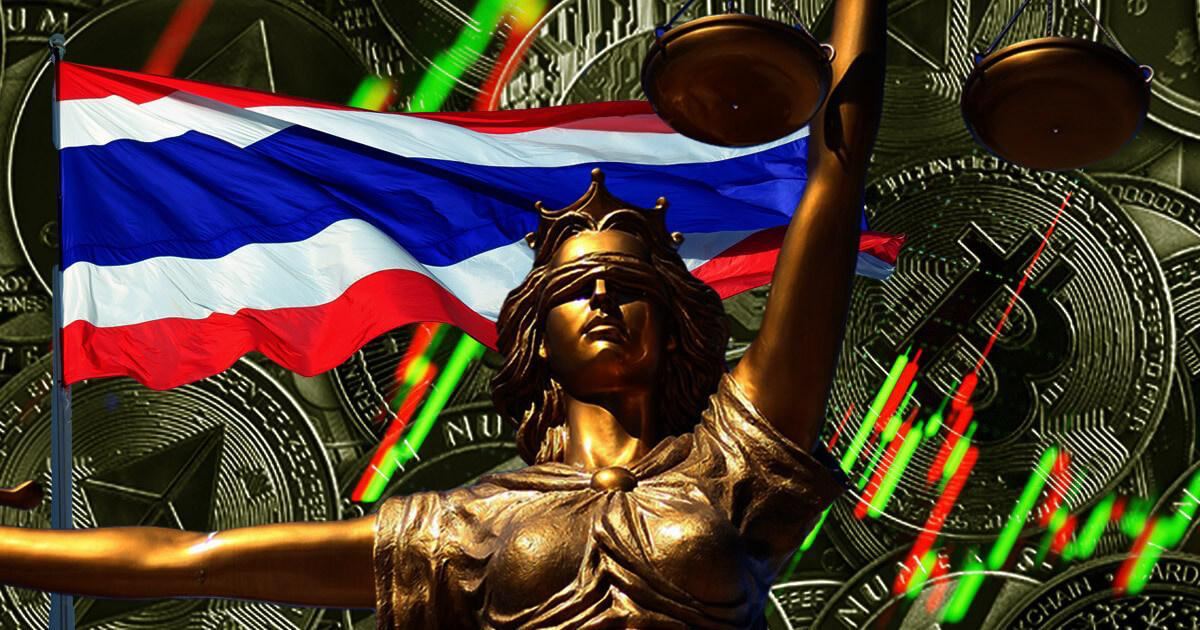The Securities and Exchange Commission of Thailand (SEC) has filed a lawsuit against five individuals and companies for engaging in wash trading on the cryptocurrency exchanges Bitkub and Satang corporation.
Cracking down on wash trading
The SEC is pursuing legal action against Bitkub and two individuals for “creating artificial volumes of digital assets” on the platform, as stated in a notification published on September 27. The term “wash trading” is commonly used to describe the practice of investors buying and selling the same assets at the same time in an effort to artificially inflate the market.
The case, filed in civil court, seeks $634,000 in civil penalties and expenses from the firm, Anurak Chuachai, and Sakon Srakawee, as well as a six-month trading ban for the pair.
The SEC had previously requested that Anurak Chuachai and Sakon Srakawee not engage in crypto asset or derivatives trading for six months or serve as directors or executives of a digital assets company for a year.
Bitkub on the radar
The SEC also penalized two persons over $317,000 for engaging in volume manipulation in a separate instance involving Satang Corporation. Bitkub is the most widely used digital asset exchange in Thailand, with a daily trading volume of $62 million, as reported by CoinGecko.
This is not the SEC‘s first time dealing with Bitkub. Bitkub CTO Samret Wajanasathian was fined roughly $235,000 in late August for insider trading.
Furthermore, in May, Bitkub and five members of its digital asset selection committee were fined by the securities commission for failing to follow the regulations for listing digital currencies. An apparent conflict of interest occurred when the exchange listed its own native token, KUB, leading to a fine of $65,000.
SEC tightens Crypto Stance
Following the recent market collapse, the SEC in Thailand has stepped up its role as the regulator of the cryptocurrency industry. Furthermore, the regulator has restricted crypto businesses from offering staking and lending services to safeguard traders from the risk involved with the market.












